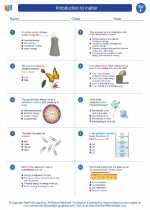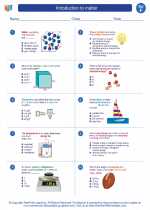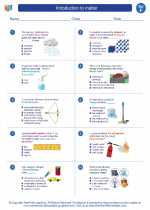Hypothalamus
The hypothalamus is a small, almond-sized region located in the forebrain, below the thalamus. It plays a crucial role in maintaining homeostasis in the body by regulating various physiological processes such as body temperature, hunger, thirst, sleep, and the release of hormones from the pituitary gland.
Anatomy of the Hypothalamus
The hypothalamus is divided into several nuclei, each with specific functions. These nuclei are responsible for controlling different aspects of behavior and physiological functions, including the autonomic nervous system and the endocrine system. It also serves as a link between the nervous system and the endocrine system, coordinating the body's response to internal and external stimuli.
Functions of the Hypothalamus
- Homeostasis: The hypothalamus regulates body temperature, hunger, thirst, and sleep-wake cycles to maintain internal balance.
- Autonomic Functions: It controls the autonomic nervous system, which regulates involuntary bodily functions such as heart rate, blood pressure, and digestion.
- Endocrine Regulation: The hypothalamus produces and releases hormones that control the pituitary gland's secretion of hormones, which in turn regulate various physiological processes throughout the body.
- Emotional Responses: It influences emotional responses and behaviors, including aggression, pleasure, and fear.
- Reproductive Function: The hypothalamus is involved in regulating the reproductive system and sexual behavior through the release of gonadotropin-releasing hormone (GnRH).
Study Guide
To understand the hypothalamus in depth, consider the following study points:
- What are the different nuclei of the hypothalamus, and what are their specific functions?
- How does the hypothalamus maintain homeostasis in the body?
- What is the role of the hypothalamus in regulating the autonomic nervous system?
- Explain the relationship between the hypothalamus and the pituitary gland in controlling hormonal regulation.
- Discuss the impact of hypothalamic dysfunction on emotional and behavioral responses.
- How does the hypothalamus influence reproductive function and sexual behavior?
By studying these points, you can gain a comprehensive understanding of the structure and functions of the hypothalamus and its significance in maintaining overall physiological balance in the body.
.◂Science Worksheets and Study Guides Sixth Grade. Introduction to matter

 Worksheet/Answer key
Worksheet/Answer key
 Worksheet/Answer key
Worksheet/Answer key
 Worksheet/Answer key
Worksheet/Answer key
 Vocabulary/Answer key
Vocabulary/Answer key
 Vocabulary/Answer key
Vocabulary/Answer key
